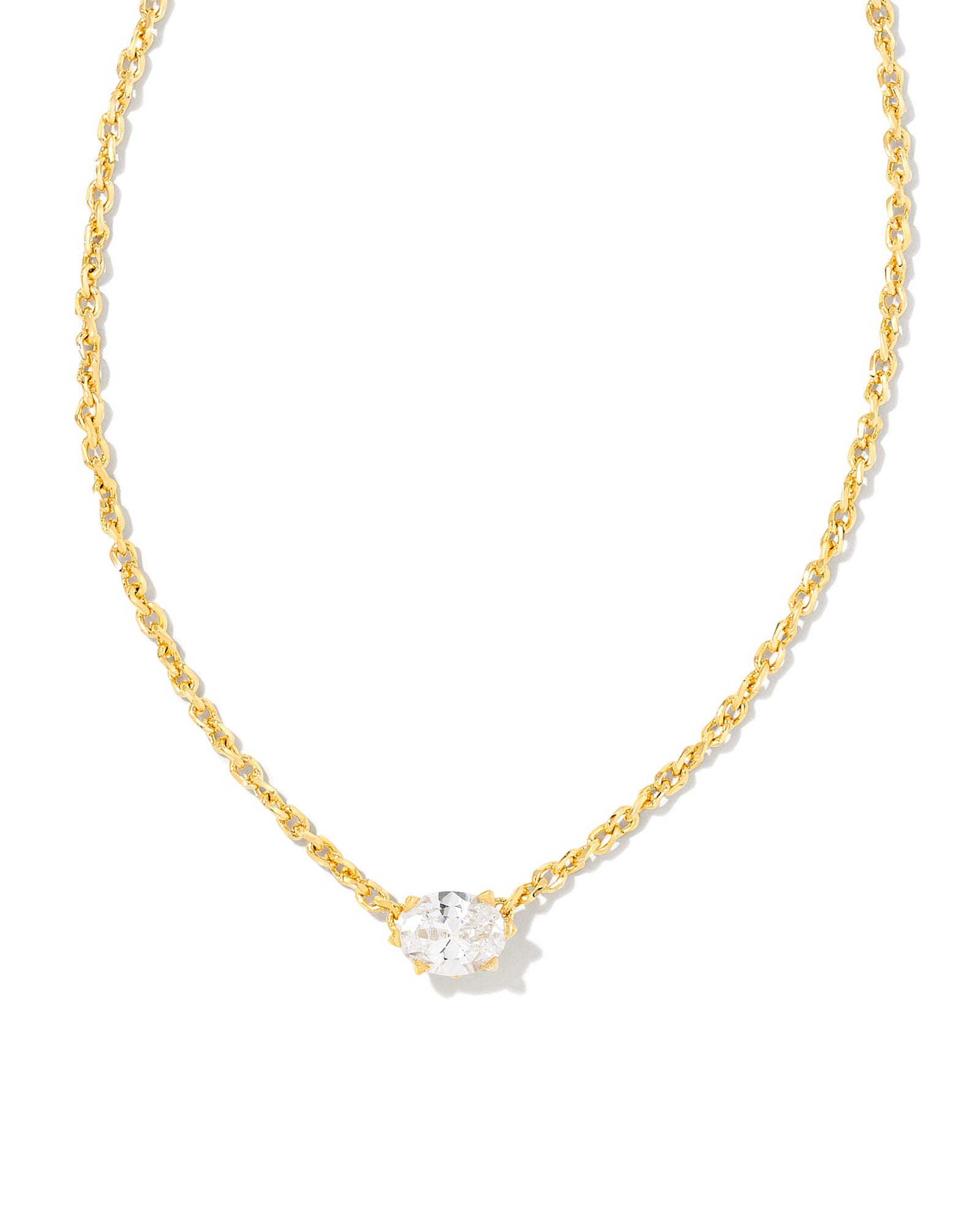Steering the Complexities of Selling Precious Metal to Purchasers in a Competitive Market
Steering the Complexities of Selling Precious Metal to Purchasers in a Competitive Market
Blog Article
Transacting precious metals can be a rewarding venture, but it also comes with its own array of challenges. In a fierce market, understanding how to maneuver the transaction process is crucial for getting the best price for your assets. Whether you are selling ornaments, currency, or bars, knowing the right steps to take can help you enhance your returns. This guide will explore the key elements to take into account when transacting precious metals, including industry trends, valuation, and locating the suitable buyers.
One of the initial things to consider when offloading gold is the present industry trends. Precious metals valuations vary based on multiple factors, including financial conditions, inflation rates, and international demand. Staying an watch on these trends can help vendors determine the optimal time to sell. For example, if the value of gold is high, it may be a good opportunity to offload. Conversely, if prices are diminished, it might be wise to wait until they rise. Researching industry trends can provide valuable insights and help vendors make informed choices.
Valuation is another important factor of transacting gold. Before putting assets on the platform, it is essential to know its worth. This entails understanding the quality of the gold, which is assessed in fineness, and the mass of the piece. Vendors should think about obtaining their gold valued by a certified expert to ensure they have an exact assessment. An evaluation can provide a definitive understanding of the asset's current worth, which can help in discussions with potential clients. Knowing the value of the assets can also prevent vendors from accepting bids that are too low.
Locating the appropriate buyers is crucial in a competitive market. There are multiple options available for transacting gold, including pawn brokers, digital platforms, and dedicated precious metals clients. Each option has its advantages and cons. For example, pawn shops may provide quick cash but often at diminished prices, while online platforms can provide access to a larger audience but may demand more effort to market and sell the assets. It is crucial for sellers to investigate potential clients and select the one that aligns with their transacting objectives. Building connections with reputable buyers can also lead to improved offers and a smoother transacting experience.
When transacting gold, it is also important to be cognizant of the legal and ethical factors involved. Sellers should ensure that they are complying with local regulations regarding the sale of gold. Additionally, being transparent about the condition and background of visit this web-site the assets can build trust with buyers. Ethical transacting practices not only safeguard the seller but also contribute to a positive reputation in the market. This can lead to repeat transactions and referrals, which are valuable in a competitive landscape.
In summary, selling gold in a fierce market requires thoughtful planning and evaluation. By staying informed about industry trends, comprehending the worth of gold, finding the appropriate clients, and adhering to legal and ethical guidelines, vendors can maneuver the challenges of the precious metals industry effectively. With the right approach, transacting gold can be a rewarding venture that meets the vendor's financial needs.